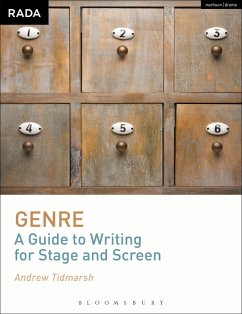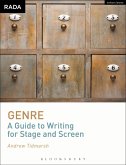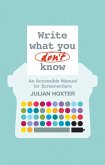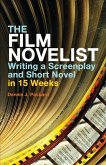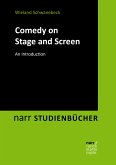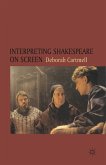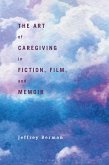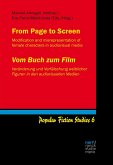What makes tragedy tragic? What makes comedy comic? What does Much Ado About Nothing have in common with When Harry Met Sally? Seneca with Desperate Housewives? Goldoni with Frasier?
In Genre: A Guide to Writing for Stage and Screen Andrew Tidmarsh explores these questions and more. Investigating how the relationship between form and content brings endless discoveries and illuminations about how narrative works, this entertaining and accessible book looks at how storytelling in film and theatre has evolved and how an appreciation of form can bring the writer, director or actor a solid foundation and a sense of security, which ultimately assists the creative process.
Including genre-specific exercises in every chapter helping the reader to write and devise, Genre: A Guide to Writing for Stage and Screen is for all those with an interest in story and can be used by writers, actors and directors alike - whether students or experienced professionals - to make the blank page appear less terrifying.
In Genre: A Guide to Writing for Stage and Screen Andrew Tidmarsh explores these questions and more. Investigating how the relationship between form and content brings endless discoveries and illuminations about how narrative works, this entertaining and accessible book looks at how storytelling in film and theatre has evolved and how an appreciation of form can bring the writer, director or actor a solid foundation and a sense of security, which ultimately assists the creative process.
Including genre-specific exercises in every chapter helping the reader to write and devise, Genre: A Guide to Writing for Stage and Screen is for all those with an interest in story and can be used by writers, actors and directors alike - whether students or experienced professionals - to make the blank page appear less terrifying.

